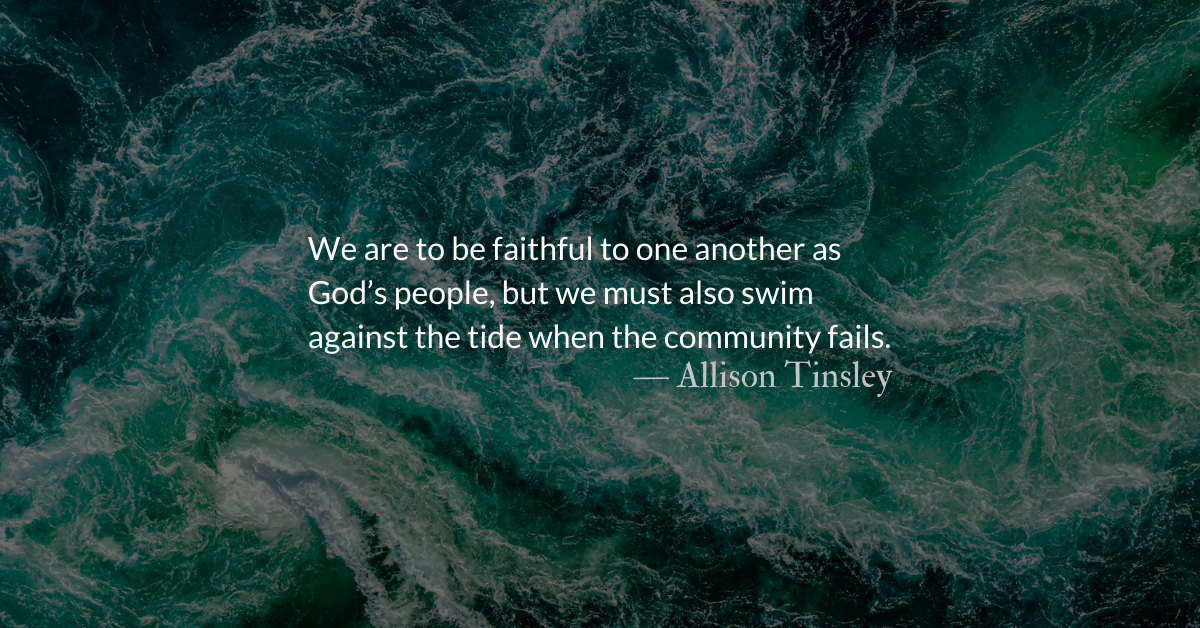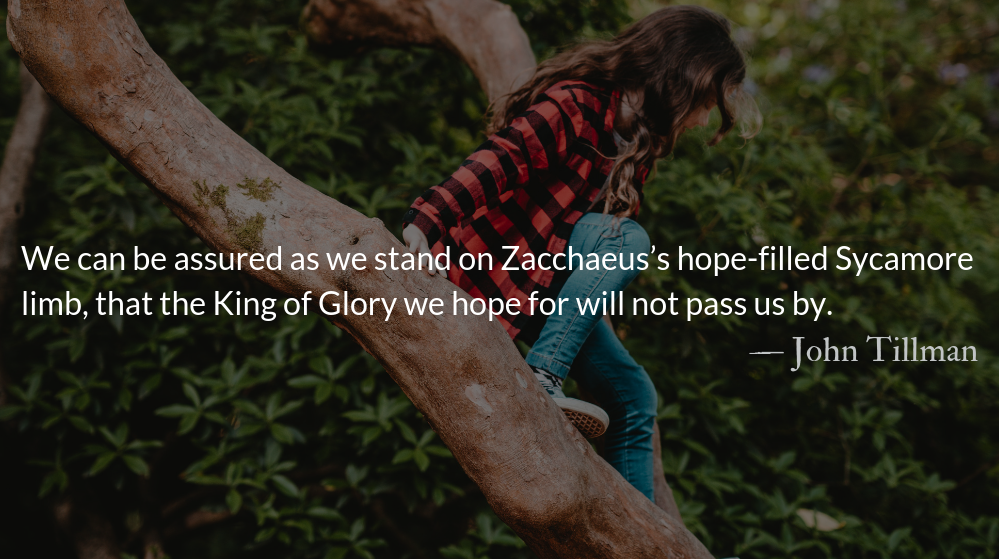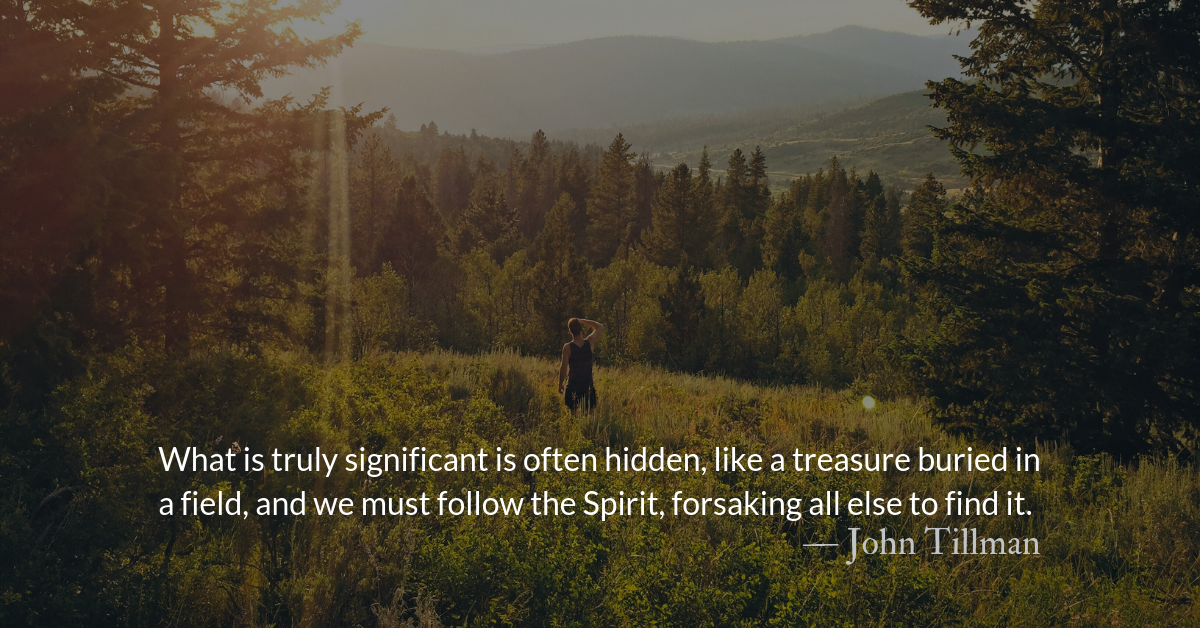Scripture Focus: Judges 3.9-10, 15
9 But when they cried out to the Lord, he raised up for them a deliverer, Othniel son of Kenaz, Caleb’s younger brother, who saved them. 10 The Spirit of the Lord came on him, so that he became Israel’s judge and went to war. The Lord gave Cushan-Rishathaim king of Aram into the hands of Othniel, who overpowered him.
15 Again the Israelites cried out to the Lord, and he gave them a deliverer—Ehud, a left-handed man, the son of Gera the Benjamite.
Student Writers Month:
This month, The Park Forum welcomes college and seminary student writers pursuing ministry careers. For more info about our yearly Student Writer program, see our website.
Reflection: Judging Our Community
By Allison Tinsley
Have you ever been part of a group or team? Were you successful and popular? Or were you in a group of outcasts who stuck together as each other’s only source of support? Did you feel proud and at home in your group?
The story of Israel is consistently communal. The Israelites were God’s chosen people. This identity held them to different, higher standards than the rest of the world. They were to live faithfully and obediently to God in relationship with Him. If they failed to do so, they had to fear His wrath and punishment. In Judges, we routinely see the communal, systemic failure of the Israelites. Verse 7 of chapter 3 tells us that they did “evil” in God’s sight. They married ungodly people and worshipped false gods, allowing themselves to be negatively influenced by the world. They “forgot” the One true God (verse 8), seeking temporary pleasures.
Israel’s sin came back to haunt them when they were taken into captivity by other groups. This was where the judges came in. God raised up faithful individuals to work against the sinful actions of the Israelites and those who oppress them. These judges were charged with protecting Israel and leading them back to a relationship with God. Othniel fought against their oppressors (verses 10-11). After the Israelites once again found themselves in captivity, Ehud slew an oppressive king (in a humorously gruesome way) to deliver them to freedom. Deborah prophesied and settled disputes within her community. Gideon tore down false idols in the community. Thus, when the community failed, God raised up individuals as protectors, preservers, and leaders who worked to restore the Israelites back to God.
How is your community? Have you seen pain in your community? Have you detected a wrong direction?
God’s calling, both communally and individually, is the same. We are to live in obedience and faithfulness to God, like the judges God raised up, striving to lead others in this pursuit as well. We are to be faithful to one another as God’s people, but we must also swim against the tide when the community fails. We must hold our community responsible for its sin and require that it make changes when necessary. Above all, we must remember that our ultimate purpose transcends both ourselves and our community; our purpose is a right relationship with God.
Divine Hours Prayer: The Greeting
My mouth shall recount your mighty acts and saving deeds all day long; though I cannot know the number of them. — Psalm 71.15
– Divine Hours prayers from The Divine Hours: Prayers for Springtime by Phyllis Tickle
Today’s Readings
Judges 3 (Listen – 4:30)
Acts 7 (Listen – 8:49)
Read More about Readers’ Choice 2021
It is time to hear from you about the posts from the past eleven months (September 2020 – July 2021) that have challenged, comforted, and helped you find new meaning in the scriptures.
https://forms.gle/ozM13qvW9ouSWhJS7
Read more about The Necessity of The Spirit
Israel suffered and Othniel could not save them. Until God’s Spirit came on him.






